14 September 2020
Technology-driven pandemic preparedness
Philip Thomson, President, Global Affairs, GSK, a Founding Member of The Trinity Challenge writes about the importance of technology driven pandemic preparedness.
The world is driven by data and technology, so should our response to this pandemic, and those to come. Easy to say, harder to do.
The Trinity Challenge is aiming to do just that.
Bringing together the best minds from public institutions, academia, global health and the private sector, this new coalition is united by the common belief that we can use data and advanced analytics to develop insights and actions to help better protect the world from seismic health shocks.
At GSK, like much of the Life Science industry, we are heavily involved in the response to COVID-19. New technologies are driving rapid progress in vaccines and medicines and we are seeing unprecedented collaboration and effort between companies.
We also want to help the world better prepare for future pandemics. COVID-19 has shown that there is a clear need to better identify, better respond, and better recover from health emergencies.
We think the Trinity Challenge can help with this mission and are proud to have joined as a founding member.
Together with others, we are asking questions like: What could different early-warning systems look like? How can we better understand human behaviours in the lead up to a pandemic? What drives vaccine hesitancy? How do we initiate a social and economic recovery in a way that does not exacerbate inequalities?
The Challenge will hold 3 public challenges over the next 3 years, generating and rewarding the best ideas that will answer questions like these.
Very importantly, those ideas must look to support the WHO’s mission and its triple billion target by 2023. They must also become “global public goods,” equally available and implementable for everyone. Innovation that is accessible is something we strongly believe in at GSK.
Its also vital that the ideas can bridge international and domestic healthcare systems. I have repeatedly been told that the reason why global health initiatives fail is that they work at a global level but then are not translatable on the ground.
My personal hope is that the Challenge ideas will have particular impact on those countries with limited resources, capitalising on their receptivity to new technology and closing the digital divide that exists between nations.
In this pandemic, data and new technologies are driving the exit plan. We also need them to protect us in the future. The Trinity Challenge offers that possibility.
















